For those who don’t already know me, I am a partner at Winckworth Sherwood solicitors. I head up the Commercial Real Estate and Licensing Team. My own practice areas are acquisitions and disposals of commercial premises and alcohol licensing. I have a special interest in petrol stations having secured one of the first alcohol licences for a petrol station in 1994.
Over the next few issues I plan to pen articles that will show potential issues, possible solutions and perhaps musings about where we land in the ’new normal’. I will try to avoid repeating what you can easily find on the news and government web sites. I will draw on the expertise of my colleagues who specialise in company commercial, tax, litigation, planning and employment law. I may even rope in the divorce team! It’s business as usual at Winckworth Sherwood save, of course, that we are all working from home. So on to my first topics:
Buildings Insurance let’s get physical:
Insurance policies will usually insure against loss caused by damage to buildings or by business interruption. Policies will stipulate the actual risks against which they will pay out.
The big question during the present circumstances is: does this damage need to be physical? Insurers did learn from the SARS outbreak in 2003 and some policies will be very clear that they will not pay out for non-physical damage. But even if damage must be physical, there is some precedent as to the interpretation of what ’physical’ actually means, albeit not in the UK. In April 2020, the Court in Ontario, Canada, considered a claim that involved the shutdown of a factory following a safety issue at a nearby nuclear facility. There was no actual damage to the factory but there was a loss.
The Court considered what constitutes ’physical damage’ and found in favour of a broad interpretation of the term, which incorporated things such as the loss of the function or use of a building for a period of time. It referenced previous cases in Canada and the US in which the presence of fumes from a nearby oil refinery and gasoline vapours were both found to constitute physical damage.
It is early days and the Ontario decision may be appealed (and is not binding in the UK), but it gives a flavour of what the courts may consider. It is fair to say also that any such claim will be fact- specific, but you can see why there is sudden interest in the precise wording of insurance policies. It is certainly worth blowing the dust off and having a line-by-line check of your own policies.
Covid-19 conditions to complete or not complete?
The exceptional circumstances of Covid-19 bring terrible hardship but also opportunity. There will be sales and purchases of petrol stations and other properties during and after the crisis. I am seeing various forms of so called ’coronavirus clauses’ which may provide that completion of a transaction be delayed or even rescinded in the event of a coronavirus event (beautifully defined of course). One template allows a party to delay completion if either solicitor should be indisposed!
Be wary of such conditions. A conditional contract sets out the basis on which either or both parties may walk away from the deal. If this is not very carefully written, a party that has simply had a change of heart may be able to use this condition to rescind. The remedy for abuse of this condition would be legal action which can be expensive and fraught with risk. A contractual remedy is only of value if the other party is worth suing (though one party may have the security blanket of a deposit).
The New Normal and utilising outdoor space:
We can expect measures to be in place, restricting use of cafés, restaurants and bars for a considerable time. All the indications are that such facilities will be the last to re-open and when they do, social distancing may well apply. This will be difficult to apply indoors but it does occur to me that many petrol stations have outdoor space that is relatively untapped.
I am sure we will see creative solutions in terms of delivery of food, drink and other products but also café and other leisure space outside where social distancing will be easier to maintain. There will be opportunities. So perhaps this is a time to look at your property deeds, check planning consents and premises licences to see what you can and cannot do.
All of the above will change or become clearer in the coming weeks. I will provide updates and report on other legal matters.





















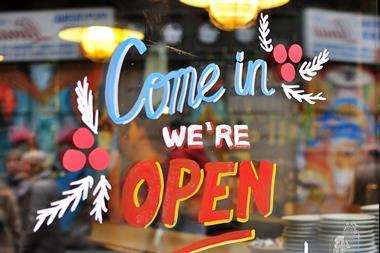

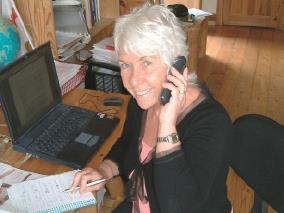

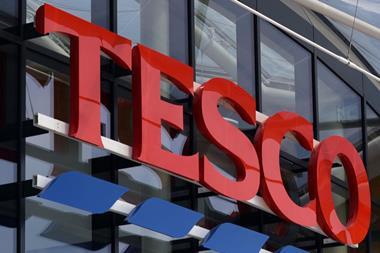
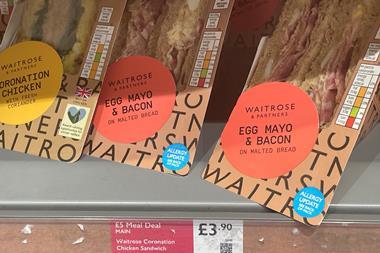

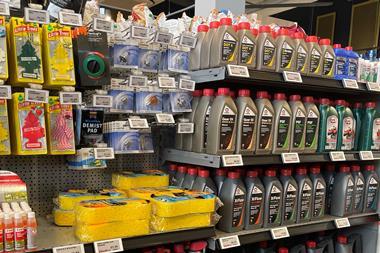

No comments yet